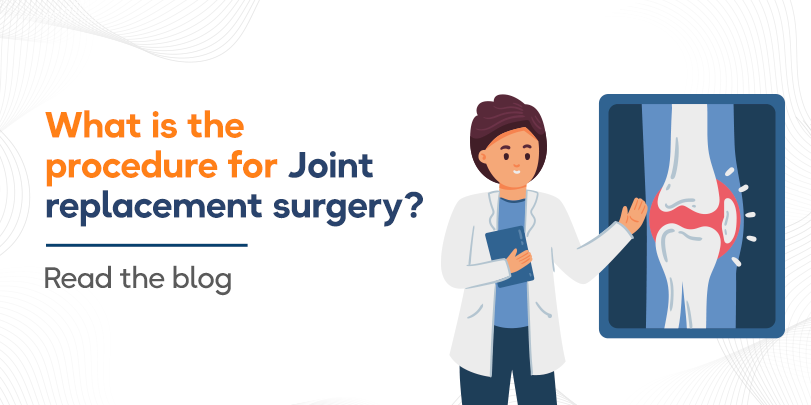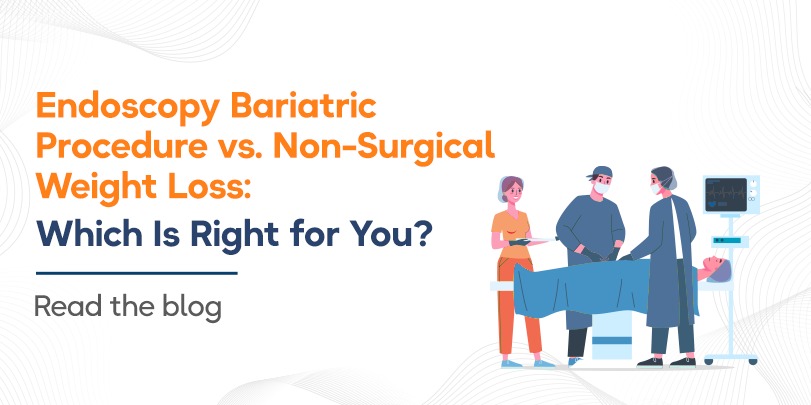When thinking of any surgical procedures, The first concern of any normal human being is about “safety”…!!
Here we examine the benefits and disadvantages of weight-loss surgery so that you can decide if it is right & safe for you.
Risks of Bariatric Surgery
When matched to the risks of living with obesity that includes complications related to diabetes type 2, hypertension, sleep apnea, Knee joint pain, OSA, Hyperlipidemia, Infertility and an increased possibility of early death, the risks of bariatric surgery are negligible.
Some potential risks of bariatric surgery include dumping syndrome, staple line leak, not losing the desired amount of weight or weight regain.
However, most patients who undergo bariatric surgery and make a commitment to sustained weight loss optically discern a significant improvement in their overall health. Achieving a healthier weight can eliminate Sleep apnea, reverse diabetes type 2, and good of control high blood pressure, which leads to a longer and healthier life.
Bariatric Surgery is the Safest Surgical Procedures
While any surgical procedures has its own risk, but with the experienced Obesity surgeon, advanced laparoscopic equipments and high end post-surgical care, that risk is minimised .
Laparoscopic Bariatric surgery is being performed through the smallest possible incision ( 4 small incision). Even a Single port ( from one hole ) bariatric surgery is possible now a days. The minimally invasive technique uses high definition cameras and very thin tools, and this approach has shown to cut down on recovery period, reduce your hospital stay, limit scarring and decrease post-operative discomfort.
Our bariatric surgeon at ANSH OBECURE has performed many advanced weight-loss surgeries with the highest success rate in Ahmedabad. Experienced team of Doctors and advanced instruments & technology has improved outcomes and minimised likelihood for surgical complications.
Talk with the Bariatric Expert – Dr. Apurva Vyas
It is always important to discuss any concerns with the bariatric team before deciding whether bariatric surgery is right for you.
We are available at every step of the way to support and guide you along your weight-loss journey. Patient care helpline is always open, including during Hospital visits, query via phone calls, ongoing support groups, and through the Social media portal. We’re here to answer any questions you may have about the process, and what we can do to help minimize the risk of complications.
To know more about weight loss surgery and the ways in which it might you reach a healthful, better-off weight, or just have questions about how we can help; get in touch.
RADIANCE HOSPITAL
Dr. Apurva Vyas , Robotic Metabolic & GI Surgeon
Successfully done 2500+ – Bariatric Surgery (Obesity Surgery)
Address: 3rd & 4th Floor, Shital Varsha III, Opp. Manan Motors, Nr. Vijay Char Rasta, Ahmedabad
Call : +91 70432 11118 Appointments
+91 99987 33377 – Obesity helpline
Related Articles
Are adolescent with obesity at a higher risk of hypertension?












